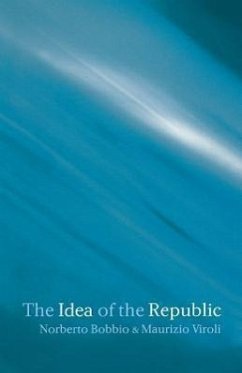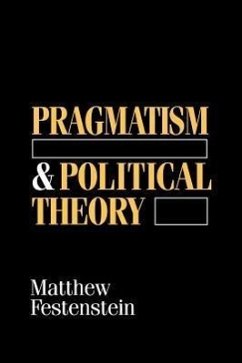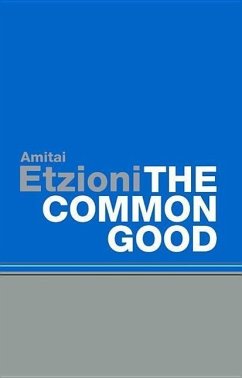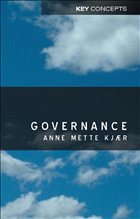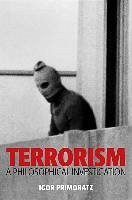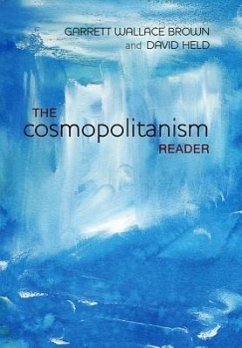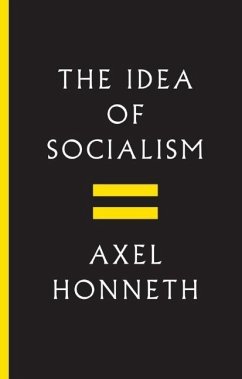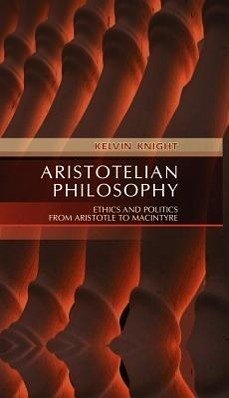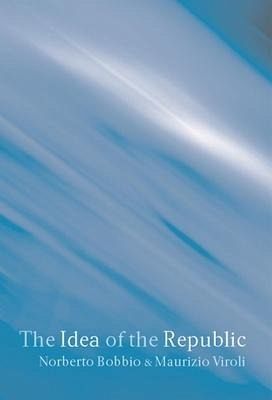
The Idea of the Republic
Versandkostenfrei!
Versandfertig in über 4 Wochen
66,99 €
inkl. MwSt.
Weitere Ausgaben:

PAYBACK Punkte
33 °P sammeln!
In this lively and engaging book, Norberto Bobbio, the distinguished contemporary Italian philosopher, and the political theorist Maurizio Viroli, explore a range of themes relating to the idea of the Republic and some of the major political and ethical issues of the day. Through a series of engaging philosophical reflections on republicanism, patriotism, civil virtue, rights, duties, religious experience and more, they succeed in bringing to light the relevance of these concepts to our lives in the 21st century. This book is an exciting example of political philosophy in action, with a breadt...
In this lively and engaging book, Norberto Bobbio, the distinguished contemporary Italian philosopher, and the political theorist Maurizio Viroli, explore a range of themes relating to the idea of the Republic and some of the major political and ethical issues of the day. Through a series of engaging philosophical reflections on republicanism, patriotism, civil virtue, rights, duties, religious experience and more, they succeed in bringing to light the relevance of these concepts to our lives in the 21st century. This book is an exciting example of political philosophy in action, with a breadth of reference (Machiavelli, Hobbes, Locke, Kant, Rousseau, Pettit and Skinner), and a lightness of touch which is uncommon to works in this field. The Idea of the Republic provides an excellent way for a newcomer to the work of Bobbio to appreciate the scope and tenor of his work. For the reader already versed in Bobbio's ideas, it will provide, above all, the spark of serious intellectual debate.



